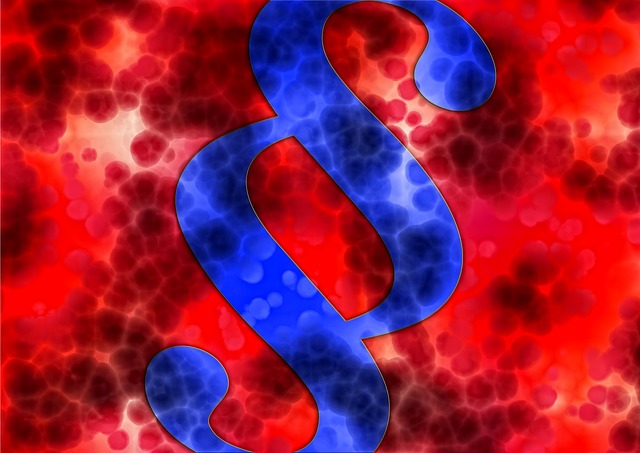Chiropractic support is a leading non-invasive treatment for muscle spasms resulting from motor vehicle accidents. Chiropractors diagnose and correct spinal misalignments, reducing pain and improving mobility. They combine manual adjustments with therapeutic modalities like heat/cold therapy, electrical stimulation, and relaxation techniques for comprehensive care. This approach promotes faster healing, enhances well-being, and enables individuals to regain independence and return to daily activities.
Muscle spasms following a motor vehicle accident can cause significant discomfort and impact daily life. Understanding these spasms is crucial for effective management. This article explores personalized care options, focusing on chiropractic support as a game-changer in alleviating pain. We delve into the science behind muscle spasms after accidents and how chiropractic care offers tailored solutions. Additionally, we present long-term treatment strategies to ensure lasting relief, emphasizing the importance of professional guidance for optimal recovery.
- Understanding Muscle Spasms After Motor Vehicle Accidents
- Chiropractic Care: A Personalized Approach to Relief
- Effective Treatment Strategies for Long-Term Management
Understanding Muscle Spasms After Motor Vehicle Accidents

After a motor vehicle accident, it’s common for individuals to experience muscle spasms, which can be both painful and debilitating. These spasms often result from the trauma and strain placed on the body during the collision. Chiropractic support plays a crucial role in managing these symptoms. Chiropractors specialize in diagnosing and treating musculoskeletal disorders, including those caused by auto accidents. They employ various techniques, such as manual adjustments and targeted exercises, to alleviate muscle tension and restore proper alignment.
Understanding the impact of motor vehicle accidents on the body is essential for developing effective treatment plans. Chiropractic care offers a non-invasive approach to managing muscle spasms, focusing on improving mobility, reducing pain, and promoting healing. By addressing the underlying causes, chiropractic support can help individuals recover faster and regain control over their bodies post-accident.
Chiropractic Care: A Personalized Approach to Relief

Chiropractic care offers a personalized approach to managing and alleviating ongoing muscle spasms, particularly those resulting from motor vehicle accidents. Chiropractors are trained to assess and diagnose spinal misalignments and nerve irritation, which can be common causes of chronic muscle tension and spasms. Through hands-on manipulation and adjustment techniques, they work to correct these misalignments, providing immediate relief and improved mobility for patients suffering from accident-related musculoskeletal issues.
This individualized treatment plan considers the unique needs and symptoms of each patient. Chiropractic support goes beyond general adjustments by incorporating various therapeutic modalities, such as heat or ice therapy, electrical stimulation, and relaxation techniques, tailored to target specific muscle spasms and promote faster healing. By addressing both the physical and neural aspects of muscle spasms, chiropractic care can offer long-lasting relief, enhance overall well-being, and enable individuals to regain control over their bodies after a traumatic event.
Effective Treatment Strategies for Long-Term Management

Chiropractice has emerged as a valuable tool in managing long-term muscle spasms resulting from motor vehicle accidents. This gentle, hands-on approach focuses on correcting spinal misalignments and improving nerve function, which can significantly reduce spasms and associated pain. By adjusting the spine and supporting the body’s natural healing process, chiropractors provide effective chiropractic support for motor vehicle accident-related muscle spasms.
In addition to adjustments, chiropractors may incorporate other treatment strategies such as heat/cold therapy, massage, and stretching exercises tailored to the individual’s needs. This comprehensive approach ensures that patients receive holistic care that addresses both the physical and emotional aspects of recovery. Effective management of muscle spasms not only improves quality of life but also enables individuals to regain their independence and return to their daily activities.
Personalized care, especially chiropractic support for motor vehicle accident-related muscle spasms, plays a pivotal role in managing and alleviating long-term symptoms. By understanding the unique needs of each individual, chiropractic treatments offer a tailored approach to relief. Combining this with effective treatment strategies enables patients to navigate their recovery journey successfully, ultimately enhancing their quality of life post-accidents.














